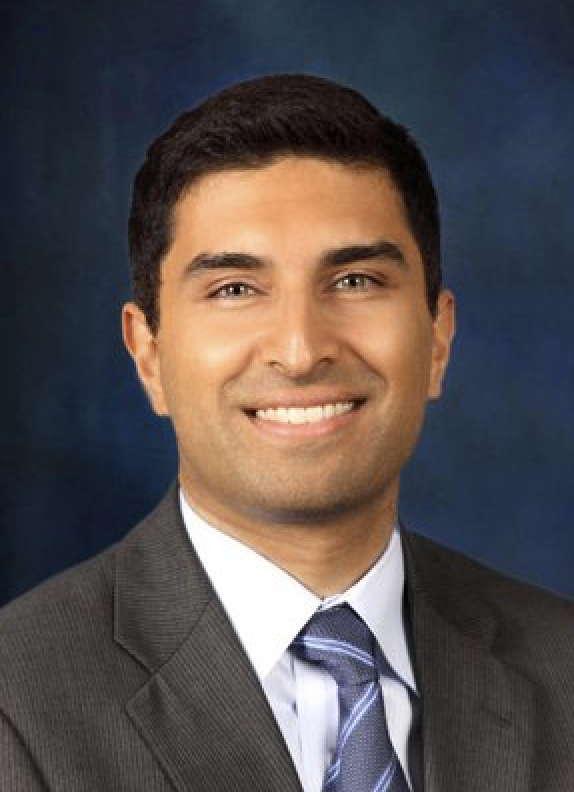
When it comes to the laws that govern the flow of goods and services across borders, UWindsor professor Manoj Mate is a renowned expert.
It’s no wonder, then, that the Government of Canada has included Dr. Mate in its corps of academics working to make this nation a world leader in research and innovation.
Mate has been awarded a Tier 2 Canada Research Chair in International Trade Law, giving him the financial freedom to pursue research that will help Canada on the world stage. The position comes with $120,000 in annual funding for five years, renewable for an additional five years.
“This is a once-in-a-lifetime opportunity,” Mate said. “I plan to publish policy papers and white papers for government and the private sector, specifically for the auto industry.”
Mate is interested in the role non-government actors play in how international trade law is implemented. He is leading a study that looks at how industry stakeholders and lawyers impact the application of automotive rules of origin under the United States-Mexico-Canada Agreement.
The USMCA is a trade agreement that came into effect in July. It replaces the North American Free Trade Agreement, commonly called NAFTA.
“This area of law is evolving rapidly. This USMCA is a new entity but there are already several major disputes,” Mate said. “We already have a number of disputes related to the auto sector, as well as the solar sector and the dairy industry.”
Born and raised in California, Mate is an expert in the areas of international and comparative law, U.S. and comparative constitutional law, and law in India, and previously practised in the areas of business litigation and election law. He earned an undergraduate degree in political science at the University of California, Berkeley before getting his law degree from Harvard. He returned to the University of California, Berkeley for his PhD.
In addition to studying the USMCA, Mate is leading research into how private, non-state actors in India and China are shaping trade and development norms at the domestic level. He is studying specifically the agriculture, textile, and solar and renewable energy sectors.
Mate’s work is ground-breaking. “There hasn’t been enough attention focused on non-state actors.”
The child of Indian immigrants, Mate said he has always been fascinated with comparative constitutional law in India and South Asia. His earlier research was on law in India. His recent research has been on trade and industrial policy in India, focussing on export-related sectors.
His current work looking at international trade law in India and China “seemed like the logical next stage” of his research, he said.
Mate joined UWindsor a year ago, teaching courses in international economic law and international human rights law. Reem Bahdi, dean of the Faculty of Law, said having him here is a coup.
“We are proud of Prof. Mate’s accomplishments and delighted that he has taken up the Faculty of Law’s first Canada Research Chair,” she said.
Mate said he hopes to collaborate with experts at UWindsor’s Cross-Border Institute who conduct research, education, and public outreach related to the movement of people, goods, services, and funds across borders.
Mate’s CRC is one of two at UWindsor announced by the Government of Canada last week. In all, the government announced $151 million in funding for 188 new and renewed Canada Research Chairs at 43 post-secondary institutions across the country.
The CRC program is a national strategy to attract and retain a diverse cadre of world-class researchers in engineering, the natural sciences, health sciences, humanities, and the social sciences.
UWindsor’s other new CRC announced last week is held by engineering professor Ning Zhang. He holds a Canada Research Chair in edge computing and the Internet of Vehicles.
Read this story on the DailyNews website.
More news coverage:
